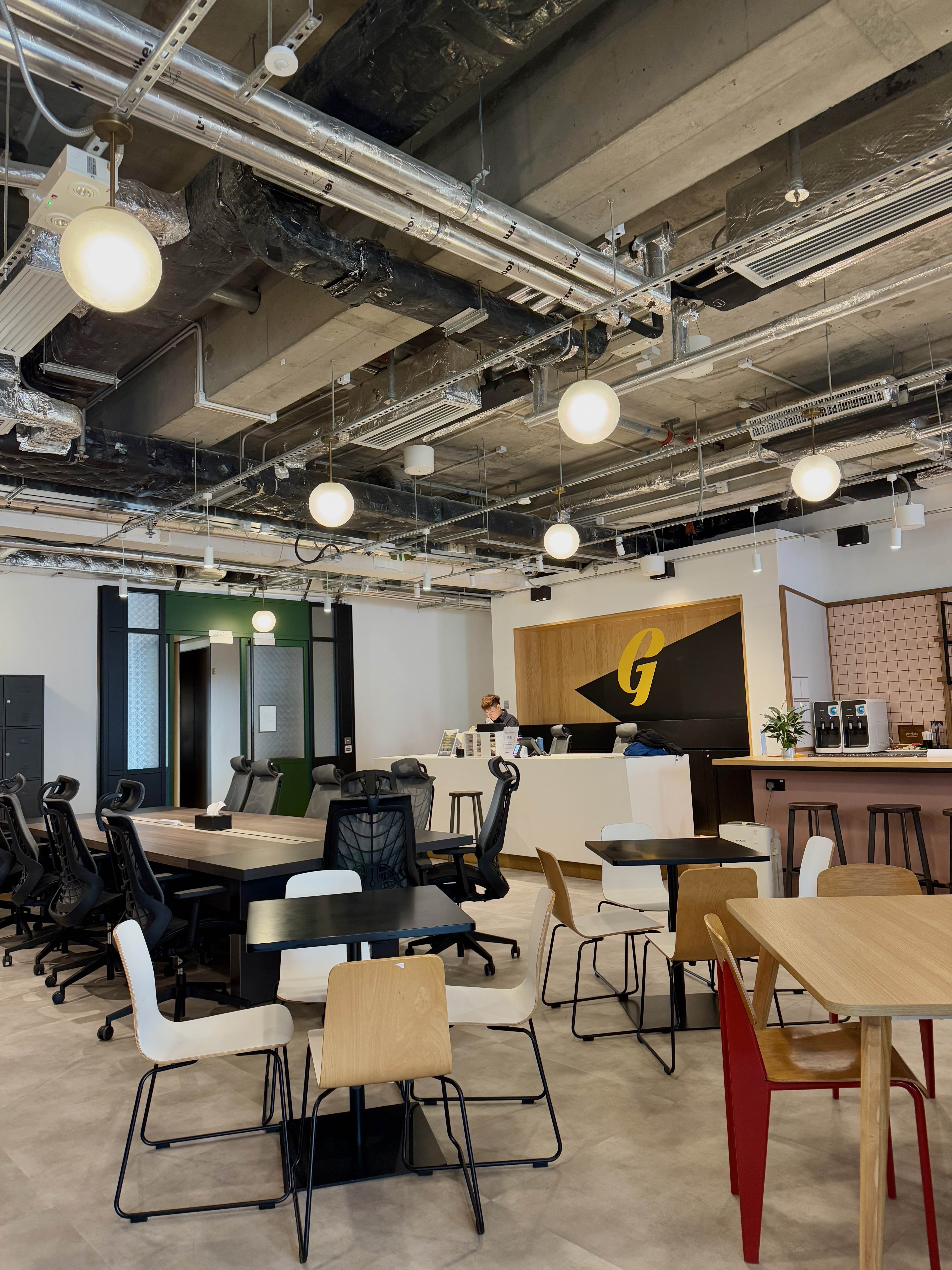LOCATIONS
Hong Kong
-
Facebook
-
LinkedIn
-
Instagram
-
Youtube
Summer is coming to a close, which means those who have been lucky enough to travel are all jetting back from their holidays. While so many Hong Kongers are seasoned travellers, jet lag can sometimes get even the best of us.
Whether it’s leisure or travel, there’s nothing worse than getting back to the office and fighting to keep those eyelids open or trying not to snooze in your salad. Also, it’s in our interest to get back into the swing of work ASAP, so we can save those annual leave days for our next trip, am I right?
Keep reading for the ultimate list of jet lag hacks that have been tried and tested by frequent travellers and cabin crew!
We all know the gist of what jet lag is, but let’s take a step back and breakdown the science of it, which will help us better understand how to reverse its symptoms. Jet lag is the disruption of our internal body clock, which are controlled by a small group of cells called ‘body clock genes’ (Lifehacker).
These cells drive our our circadian rhythm (24-hour cycle), and send signals to the rest of our body to let us know what time of the day it is through vacillations in our level of hunger, blood pressure, or mood. We experience jet lag when our circadian rhythm is disrupted, causing us to experience fatigue, disorientation, and insomnia (Stanford University).
Jet lag is harmless in small doses, but it can have more serious long-term consequences when you're a serial long haul traveller, like reduced neuron growth, memory capacity, and increased stress levels. The best way to avoid these symptoms is simply to adjust more quickly to your new timezone.
It takes around one full day to adjust one timezone, but biological rhythms professor from the University of Liverpool Jim Waterhouse recommends to not bother adjusting if you’re travelling three timezones or less. Also, if you’re at your new destination for three days or less, it may also not be worthwhile to put your body through the process of adjusting.
If you absolutely need to be feeling fresh as soon as possible at your new destination, try to book a red-eye flight and if you can sleep on the plane. If you’re not one to do so, then try to book a flight that arrives in the evening, so you can get to your hotel and call it day.
If you’re travelling across multiple timezones, and need to be alert when you land for an event or meeting, then it may be a good idea to get started on adjusting to our new timezone even before you leave. If you’re travelling west-east, which requires you to get up and go to sleep earlier, then you can try to adjust your clock so you go to sleep and wake up 30 minutes earlier each day until you’re set to leave.
Light exposure is of the main triggers for our internal clocks, which means that controlling those levels is also among the most effective methods. Using the same example of travelling west-east, you can try to leave your curtains open the night before, so you get more natural light in the morning. Similarly, you can then try to close your curtains earlier in the evenings. There are also alarm clock apps that can help you slowly adjust to waking up early as well, such as Sleep Cycle.
***Disclaimer: please consult your doctor first before taking any form of medication. Melatonin is the natural chemical that’s produced in the brain to help make you sleepy, and taking very small doses of this over-the-counter medication in the evening can help you turn in earlier.
It can be hard enough to fall asleep on normal days, much less when you’re trying to force yourself for the sake of adjusting to a new timezone. Some ways you can help yourself along the process is to (1) lower the temperature of the room, (2) use red / warm light (blue light reduces the production of melatonin), (3) breathe out your left nostril 10 times (said to relax your sympathetic nervous system), or (4) use a couple of drops of lavender oil on your pillow.
While it may be tempting to indulge when we’re on holiday, filling up on carbohydrates-rich foods like potatoes or pastas can cause you to feel more lethargic or in need of sleep. Keeping it lean with protein-rich foods will help your body stay more alert when it needs to. Bonus tip: having a good meal at a regular mealtime for your new destination is essential for combating jet lag after you land.
Caffeine and alcohol may seem like your friends when you’re trying to fall stay awake or fall asleep, but really, they’re deceiving you. Both may be helpful at first, but will dehydrate you in the long run, making it harder for you to have the energy to adjust to jet lag. Consume in moderation, and keep hydrated with some good ‘ol water.
If you have the time and resources to spare, staying one night at a layover location can really help you adjust to a long haul trip from, for instance, the U.S. to Australia. Making a pitstop will allow you to enjoy yourself more the first couple of days in your new destination, and you’re able to fit in a mini-trip as well!
The screen of your phone or computer may seem like your best friend when you can’t seem to fall asleep, but Dr. Lisa Medalie at University of Chicago Medicine recommends to turn it all off an hour or so before you want to sleep because the blue light emitting from the screen tells our brain to stay awake.
Exercise, as with so many other aspect of our lives, is the best thing for beating jet lag. There’s nothing more effective than doing a bit of exercise before bed to help you fall asleep, just make sure it’s something low key like yoga, as intensive exercise can have the opposite effect. To take things to the next level, take a bath after exercise and before bed; aside from relaxing you, a drop in body temperature after you get out of the tub will also speed the sleepiness along.
 Garage Blog
Introducing Garage Society's Newest Premium Workspace at Tower 535 Causeway Bay
Garage Blog
Introducing Garage Society's Newest Premium Workspace at Tower 535 Causeway Bay
We're thrilled to announce the opening of our newest Garage Society location in the heart of Hong Kong's most dynamic business district!
Garage Society Causeway Bay brings our signature blend of community, innovation, and premium workspace to Causeway Bay's prestigious commercial hub.
 Garage Blog
From Flat White to Flexspace - The Best Coffee Spots Near Garage Society Locations
Garage Blog
From Flat White to Flexspace - The Best Coffee Spots Near Garage Society Locations
Looking for the perfect cup of coffee to fuel your workday?
Members enjoy free coffee 24/7 in our spaces, but sometimes they need a change of scenery (or bean!). That's why we've compiled this guide to our members favourite independent coffee shops near each Garage Society location!
Whether you're a dedicated hot desk member or just exploring flexible workspace options, stay caffeinated and inspired with our picks below: